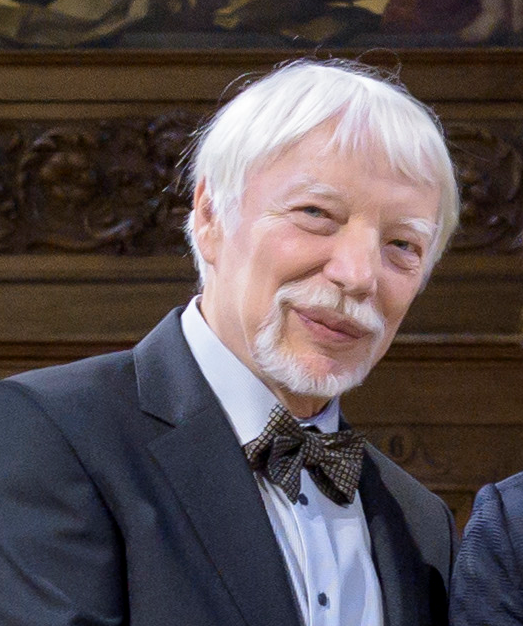The field of memory studies has lost its most charismatic founding figure. Jan Assmann died on Monday 19. February 2024. He was 85.
Jan Assmann’s landmark study of cultural memory, Das kulturelle Gedächtnis, was published in 1992 – and it was immediately welcomed across German academia as a new ‘paradigm’ of studying culture. It took almost twenty years for the book to be translated into English (2011, Cultural Memory and Early Civilization). Until then, anglophone readers were able to resort to his short essay “Cultural Memory and Collective Identity” (1995, New German Critique), which presents the core of a theory of cultural memory, which he had developed together with his wife Aleida Assmann and a group of Heidelberg-based scholars during the 1980s.
Jan Assmann’s concepts are household terms in the field of memory studies today. The distinction between communicative and cultural memory remains a guiding concept for memory research, all the way from literary history to psychology. Assmann brought out the strong connection between cultural memory, collective identity, and political legitimization (helping us today, for instance, to understand the rationale informing Putin’s rewriting of Russian history). And with its close attention to the mnemonic consequences of orality and literacy, Cultural Memory and Ancient Civilizations laid the fundaments for media memory studies, which is now turning to algorithmic memories and the potential consequences of AI for cultural memory.
Again and again, Jan Assmann demonstrated the significance of memory in ancient civilizations for our understanding of modern memory. Religion and Cultural Memory (2000) is a rich treasure trove not only for the insights it provides into diverse ancient memory practices, but also for its authoritative discussions of the memory theories of Halbwachs, Warburg, and Freud. And Moses the Egyptian (1997) remains unsurpassed in the way it follows a memory trace across a timespan of more than three thousands years.
Last but not least, as an Egyptologist Jan Assmann was always engaged in a dialogue with different academic disciplines. He communicated his findings clearly and inspiringly across the humanities and the social sciences. He exemplified the pursuit of memory studies as a rigorously interdisciplinary endeavor. Our field has lost its polymath.
Read the Statement of the Memory Studies Association here.



